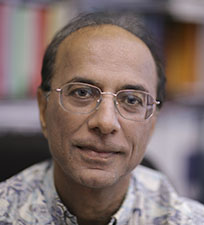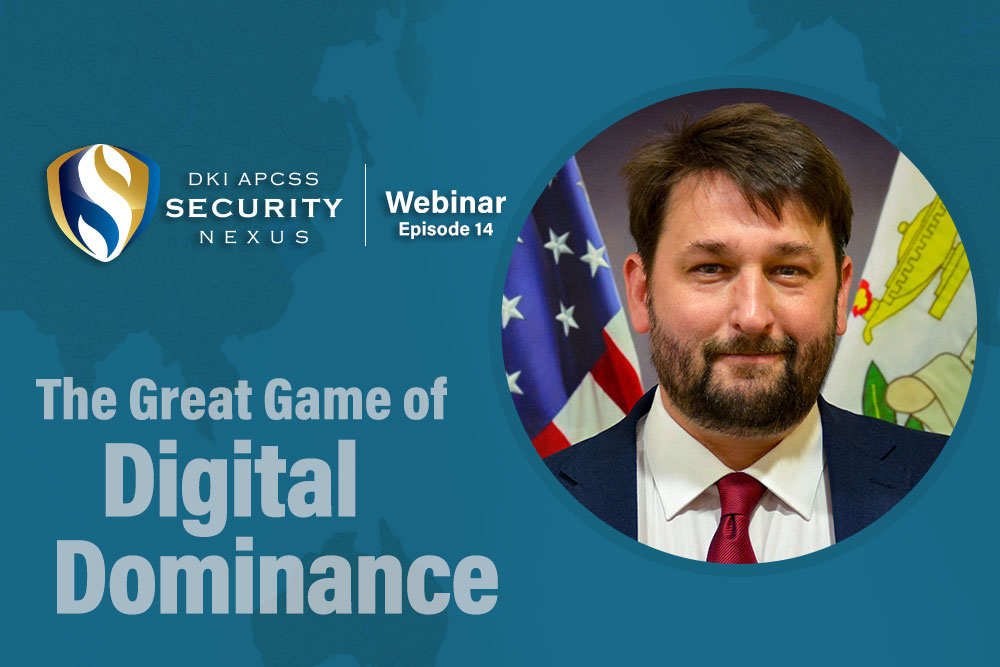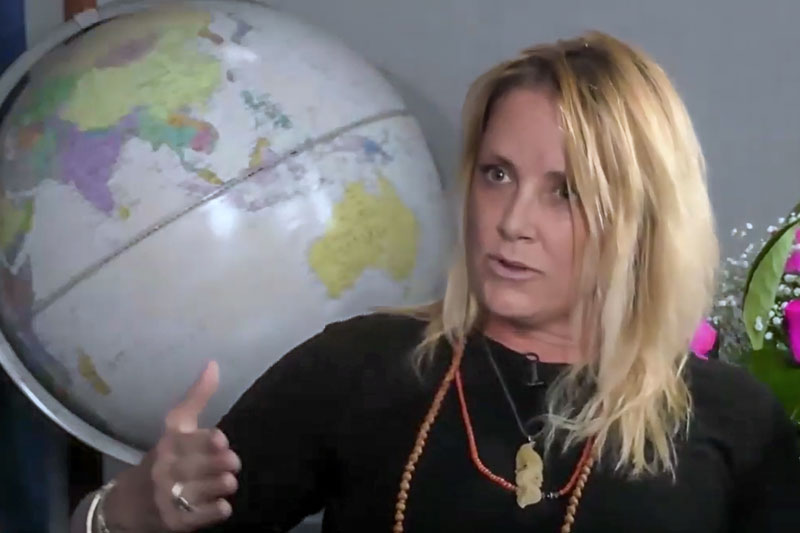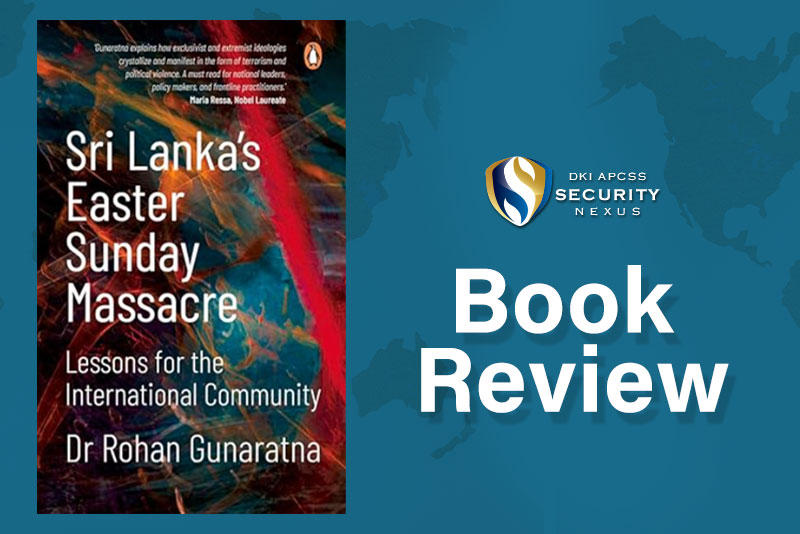“Caught in a Tug-of-war” is a new article by DKI APCSS Professor Dr. Mohan Malik and was published in Asian Affairs, March 2018.
Here is an excerpt:
“Historically, small states are the first to experience major geopolitical shifts. It is usually ‘the bit players’ on the periphery of rising powers that play a disproportionate role in triggering major crises which prove to be turning points during power transitions. Tiny Maldives fits the bill in the rising Asian giants’ tussle for dominance in the Indian Ocean…Beijing’s nod for the military coup in Zimbabwe in 2017 and support for the Maldivian and Cambodian regimes’ suppression of democracy shows that China will intervene in the domestic affairs of other states should it perceive vital Chinese interests at stake, and if the costs of intervention are relatively low. China sees itself as being engaged in a long protracted competition with India, Japan, and the US and would want Cambodia, Myanmar, Sri Lanka, the Maldives and Pakistan to remain within its orbit. Beijing may also want to send a strong message that countries along the OBOR can look to China for both economic growth and military security, and that challenges to its expanding sphere of influence will no longer be tolerated…Evidence from Cambodia, Sri Lanka, Myanmar, and now the Maldives suggests that OBOR-related investments undermine democratic institutions, increase corruption, restrict civil liberties and favor autocratic and military rulers. Let us call it the ‘OBOR collateral’. So, if there is indeed a broader contest of clashing values and visions between the Quad and OBOR going on, then a multilateral response at several different levels is needed to prevent the fall of dominoes to the march of authoritarianism. One country’s response alone, whether India’s or the United States’, cannot deal with this ideological and strategic challenge.”
To view the full article, go to http://www.asianaffairs.in/magazine/caught-in-a-tug-of-war/#.WqBxaToUkfQ
Dr. Malik is a professor at the Daniel K. Inouye Asia-Pacific Center for Security and his area of expertise is China, Geopolitics and Weapons Proliferation.
The views expressed in this article are those of the authors and do not necessarily reflect the official policy or position of the Daniel K. Inouye Asia Pacific Center for Security Studies, the Department of Defense, or the U.S. Government.
-END-










Leave A Comment